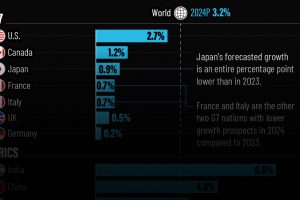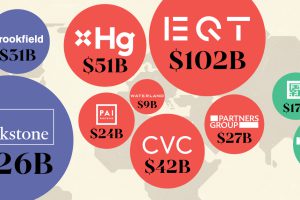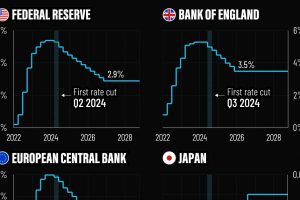Almost every market participant out there has at least one horrific war story on a crash that profoundly affected their portfolio or world view.
For example, one unnamed stock broker I know had himself and his clients in a soaring gold stock called Bre-X in 1997. There was way less connectivity at this time, and this person was on a trip to Vegas for some sun and fun. Staying at Caesar’s Palace, he went out for a short while as the stock was trading near its highs of $286.50 per share.
When he got back to the hotel, he found out that news had already spread quickly: during a due diligence test, mining company Freeport had twinned seven drill holes, finding not even a trace of economic gold. The deposit was not real, and panic swept the market. His hotel phone had been ringing off the hook for three hours but he missed all the calls. Shares plummeted 83% that day, but he was already too late to get out of the stock.
It’s easy to rationalize the series of events that led to the fall of Bre-X in hindsight, but at the time many traders and experts like this broker were caught by surprise. A company worth around $4.5 billion basically went to zero almost overnight as its claim of 70 million ounces of gold vanished into thin air. That’s a “black swan”, and this one in particular changed the mining and finance industries forever.
Black Swans: 9 Recent Events That Changed Finance Forever
The following infographic comes to us from Call Levels, and it highlights nine other recent “black swan” events that will have a lasting impact on how investors approach markets.
These events range from the Asian financial crisis of 1997 to the more recent Brexit panic that occurred in June 2016.

Note: we are aware that some of these may not meet the “technical definition” of black swans, but they do meet the more colloquial meaning used today by many people in the markets.





